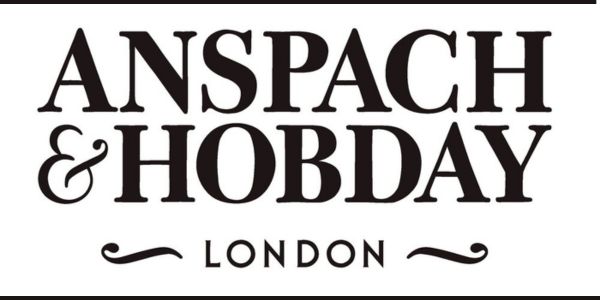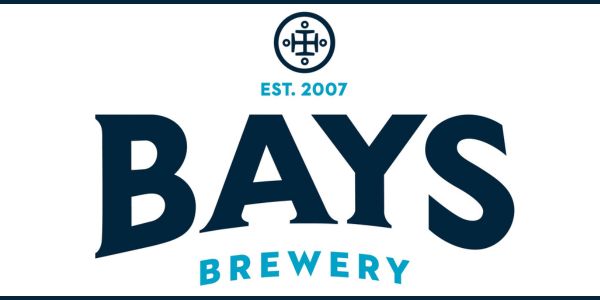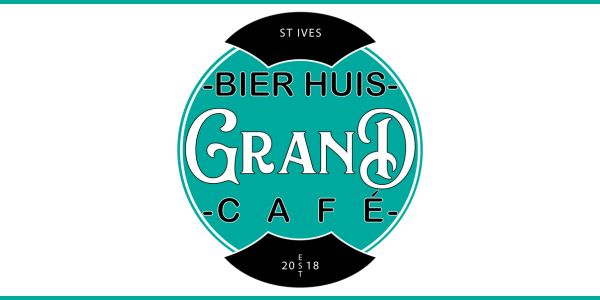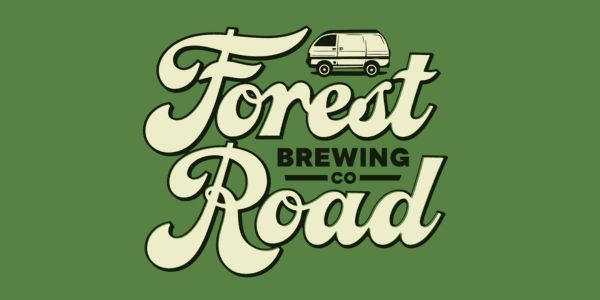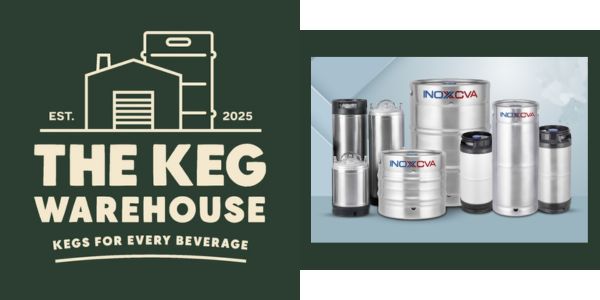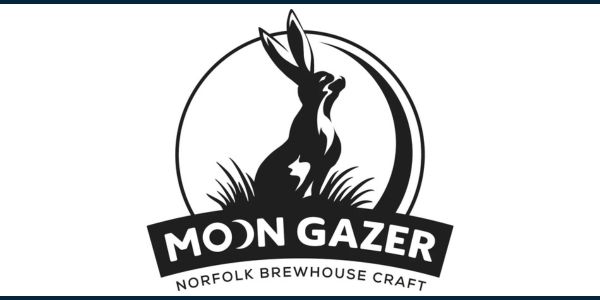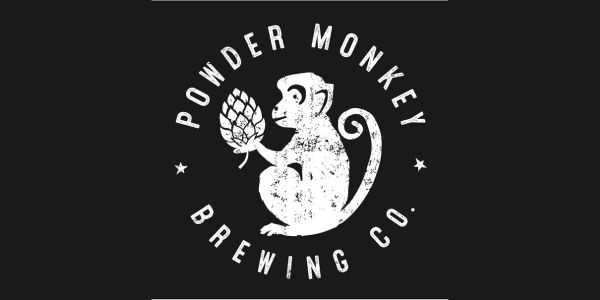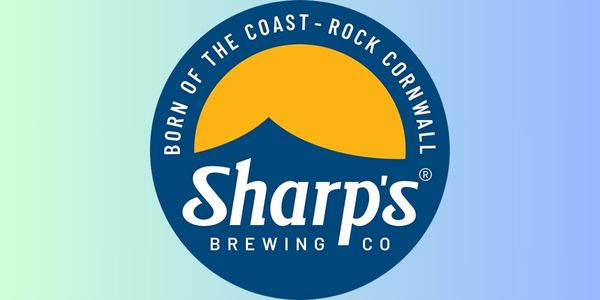Bank Top Brewery is Bolton’s oldest brewery, founded in 1995 and located in the former mill village of Bank Top, just north of Bolton, Lancashire.
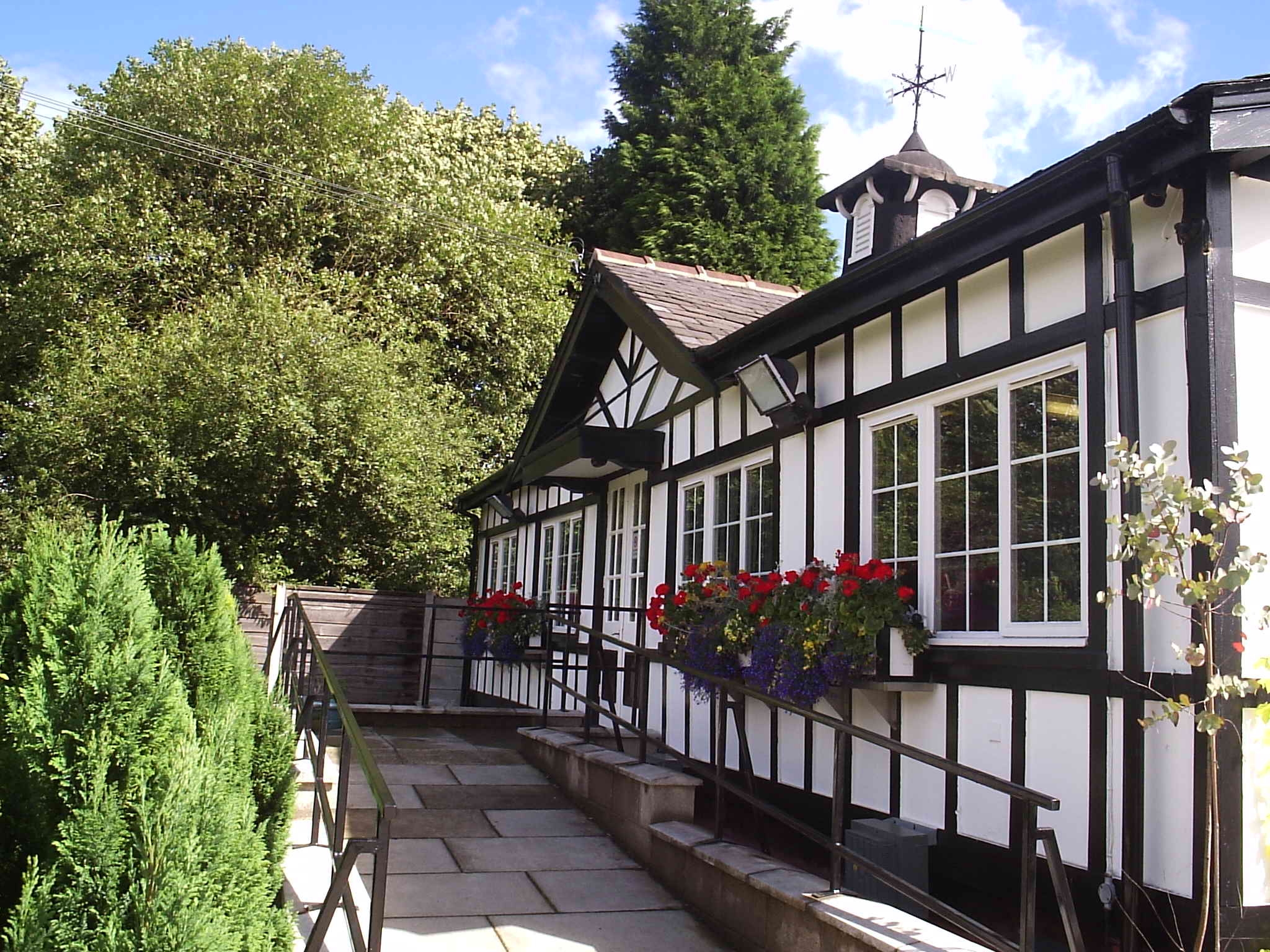
Bank Top Brewery’s pavilion base in Bolton
It is somewhat curiously housed in a grade II listed former tennis pavilion. Not the usual place you’d expect to find a brewery. The adapted pavilion houses a custom-built 11-barrel brew plant where, on average, 22,000 pints are brewed per week. Its top selling beer, Flat Cap, is responsible for over half the sales.
The brewery is owned by David and Angela Sweeney, who purchased it from John Feeney, who set up the business following redundancy. Initially his plans for housing the brewery in the disused pavilion close to his home were scuppered due to planning issues, and so John set up in an industrial unit in the centre of town. This was the first brewery in Bolton since Magee Marshalls closed its doors in 1970.
The brewery soon grew in popularity, and in 1999, when David Sweeney was also made redundant, John took on his long-time friend over the festive period, to help out. This turned out to be a great move for all concerned as David’s engineering background meant he was able to improve on the brewing process and also reduce the brew time. This signalled the start of an increase in turnover and a growth in sales.
In 2002, permission was granted to move the brewery to the tennis pavilion, which provided increased space for fermenters and cold storage. Shortly afterwards, in 2004, the Sweeneys bought the business outright. Today, it supplies beer across the North West, from south Manchester up to the Lakes and Burnley and across to the Fylde coast, producing 35,000 litres a month.
Time moves on, however, and a different generation is now forging a new direction. David’s son, Ben, is now head brewer at Bank Top and more or less runs the business, along with Jen and Claire, who handle the administration. Ben started at the brewery in 2009 after college, pretty much always knowing it was where he would end up. In 2022, ensuring the business was again on an even keel following the Covid pandemic, David retired and left things in Ben’s capable hands.
“It is nice to be a second-generation brewer,” says Ben. “I think that is becoming an increasingly rare thing in the industry and I would love for my two girls to be a part of the brewery in some way in the future.”
The brewery prides itself on using the finest quality raw ingredients, paying homage to the history of British brewing by using floor malt from the oldest working malting, Warminster Maltings, and from Crisp Malt. Both offer a diverse range of malts hand crafted by maltsters using methods and tools relied upon for over 165 years.

Bank Top also uses top quality, international hops sourced from Charles Faram who have been supplying hops for more than 150 years. Prior to Covid, Ben started to build a closer working relationship with the team at Charles Faram, and much discussion was had regarding their Hop Development Programme. Charles Faram have been striving for years to improve not only the aromas and flavours of British hops, but also make them a more viable crop in the changing climate. This includes looking to tackle drought and disease resistance, a real blight on traditional British hops.
Ben was keen to get Bank Top involved in the programme and Charles Faram wanted to trial more hops in finished products, so Ben took receipt of various hop strains and developed recipes to showcase each one. This led to the introduction of the Bank Top single-hop Brewery Sessions series.
Tester barrels of the brews have been sent to Charles Faram’ HQ’s headquarters, in Malvern, to be sampled at the grower’s meetings. They have been well received by the hop growers, able to try to taste the possible future for British hops and British beer.
On the back of the Brewery Session series, Bank Top introduced Harlequin, a 4.2% ABV British pale ale, single hopped with Harlequin, which is a variety released commercially from the Hop Development Programme.
Ben says: “This was a standout for me in the first five of the series we ran. They have all been very well received, all being so different, and customers gave some genuine feedback. It created an excitement around the brews that we hadn’t really experienced before.”
The brewery looked at introducing their beer in bottles quite a few years ago, bottling by hand using a four-head gravity-fed bottle filler. As this was a very time consuming and labour-intensive process, it didn’t last long, and just wasn’t profitable. In 2015 they had another go, and again it was not that successful. However, during the pandemic bottling was an absolute saving grace, and the brewery’s only route to market.
“We ended up brewing once a week to keep our yeast strain alive, and then sending the brew to be bottled,” says Ben. “We later opened the shop two days a week and shifted more bottles than we ever thought possible. We now sell them in packs of 12, but they can be purchased individually or in gift packs of three or gift bags of six.”

From a hygiene perspective, Bank Top’s set-up is a simple and traditional one, with open-top fermenters not being the easiest of things to produce bacteria-free beer in. Clearly, sterility is the optimum goal and crucial in the brewing process as sweet wort (beer) is a dream environment for bugs to wreak havoc.
“Keeping our yeast strain clean for repeat re-pitching, generation after generation, is probably the biggest concern that comes to mind as it’s our highest single infection risk, transferring from one brew to another,” says Ben.
“We had some issues a while back and not getting sufficient support from our current supplier, reached out to Dave Huyton at Christeyns Food Hygiene. Dave was quick to return my call and insisted on coming down to see if he could identify the issue. This was simply not something we could ignore. The difference in support was crucial to our operations, and after some discussion with the team here at the brewery, our next hygiene chemical order went to CFH and we haven’t looked back since.”
CFH trialled a new keg wash formula at Bank Top which the brewery now uses, only a third of the original formula is required yet it obtains better results.
Ben explains: “The formula seems to be more active in cask, lifting residue better. This is especially noticeable in some casks which have been out in trade and not seen for years. These come back in some horrendous states. To have fewer rejected casks after the cleaning cycle means less product and labour used in re-cleaning which leads to quite a saving over a year.
“Our switch to Christeyns was seamless, with Dave optimising our use of the chemicals, allowing us to reduce in some areas. And then this latest switch to the new keg wash has, as I said, allowed us to save two-thirds on the product usage. Support with any questions has been second to none, with queries answered swiftly, and knowing that we can receive product quickly, when necessary, adds peace of mind.”
The future looks bright for Bank Top. Ben is keen to grow the business but is equally aware that this is a challenge with the brewery producing solely cask ale. He therefore plans to introduce some keg ranges which should help drive growth, opening up new market sectors.
The products are heavily hand crafted and nurtured which adds to their uniqueness. It’s not push-button brewing, far from it. Bank Top has been around for 30 years next year which is some feat in recent times with many breweries being bought up or closed. Ben plans on still being here in another 30 years providing international award-winning beers.

